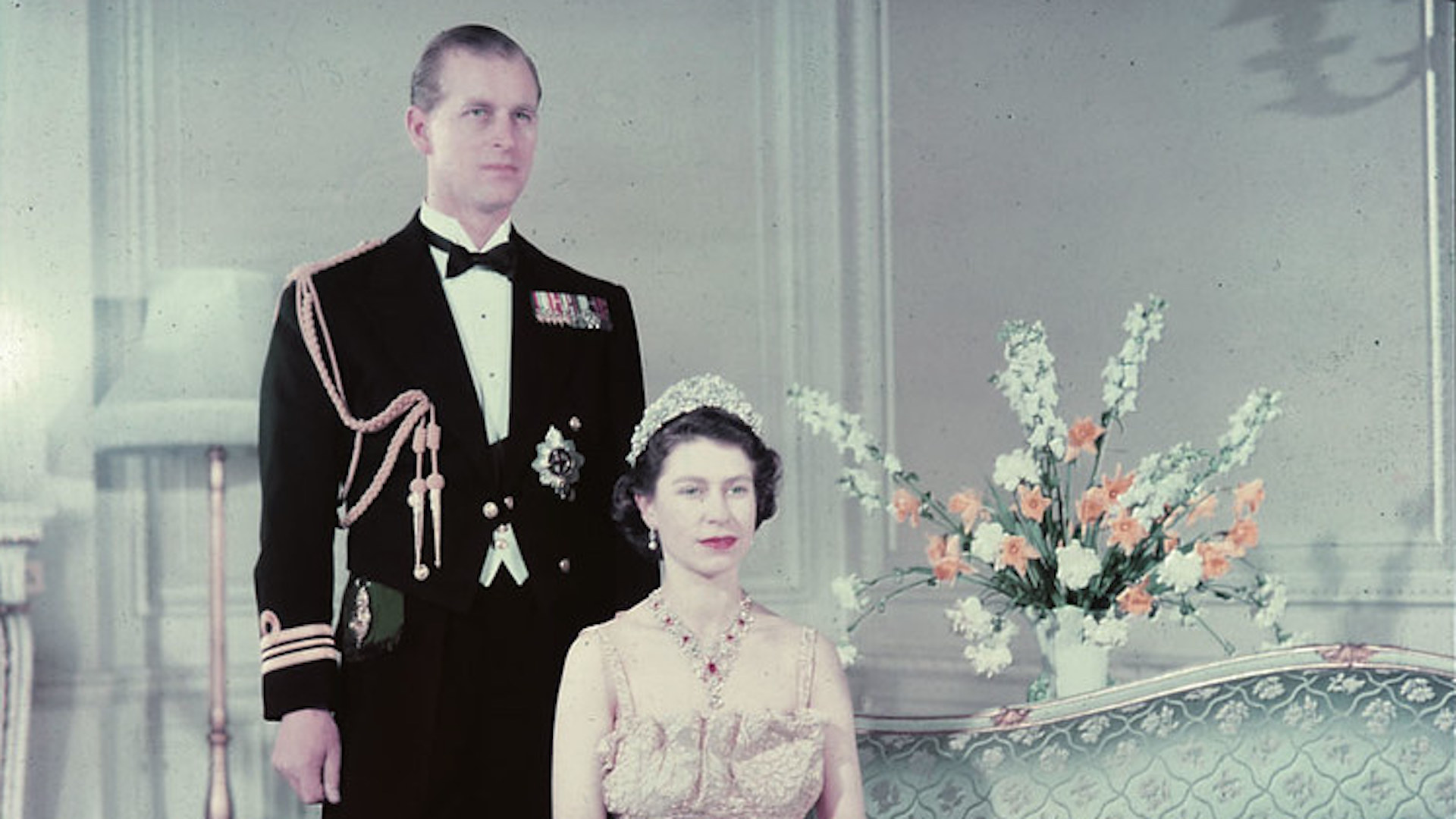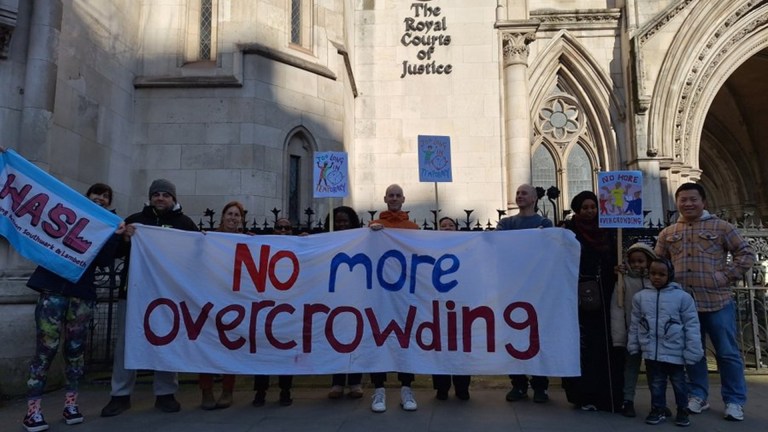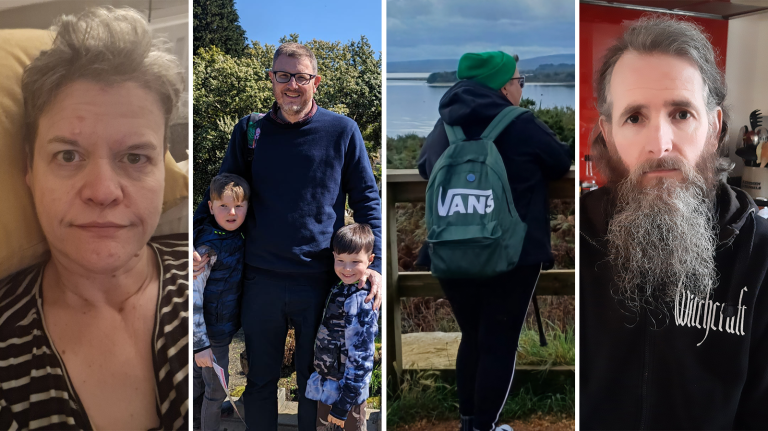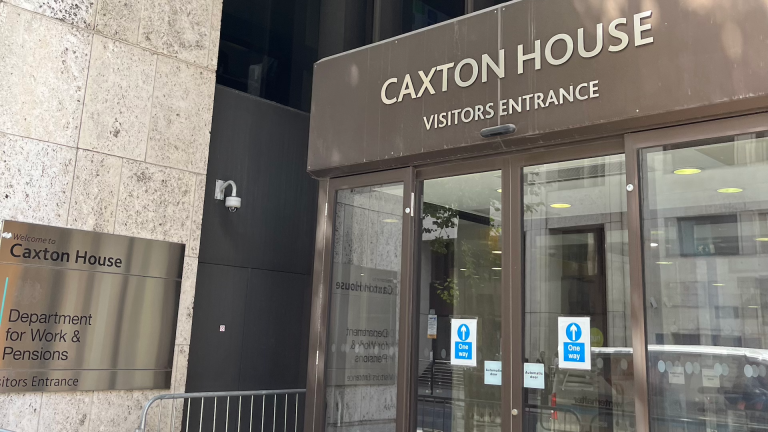Support The Big Issue and our vendors by signing up for a subscription.
It kicked off a lifetime of service, giving 5,496 speeches, making solo visits to 143 countries as well as countless events by the Queen’s side, and making two round-the-world trips on the Royal Yacht Britannia.
He also had four children with the Queen, as well as eight grandchildren and ten great-grandchildren.
The Duke made his mark through charity work, lending his support to more than 750 organisations.
But a central pillar of his legacy is the Duke of Edinburgh’s Award, launched in 1956, a hugely successful scheme preparing young people for adulthood through volunteering, skills development and outdoor adventure. Now, 65 years later, more than six million youngsters have taken part in the programme, which operates in more than 140 countries.
Prince Philip, like his son Charles, took an interest in environmental issues, acting as patron for conservationists WWF since its creation in 1961 – despite his passion for hunting.
Advertising helps fund Big Issue’s mission to end poverty
The Duke’s “lifelong passion for the environmental cause” will continue to drive efforts to “protect and restore nature for people and the planet,” the charity said in response to his death.
His Navy ties inspired a passion for engineering too, creating the Prince Philip Designers Prize in 1959 which drove the careers of pioneers like Sir James Dyson – father of the bagless vacuum – and Lord Foster, the architect behind the Gherkin in London.
But the Duke’s outspoken nature often landed him at the centre of controversy, repeatedly causing offence at home and abroad.
“If you stay here much longer you will all be slitty-eyed,” Prince Philip told a group of British students in Xian in 1986.
In 1965, he said Ethiopian art looked like “the kind of thing [his] daughter would bring back from her school art lessons”.
Advertising helps fund Big Issue’s mission to end poverty
“Do you still throw spears at each other?” he asked a group of Indigenous people in Australia in 2002.
The Duke also told Nigerian president Olusegun Obasanjo, who was in robes, he looked like he was “ready for bed” in 2003.
“In the event that I am reincarnated, I would like to return as a deadly virus, to contribute something to solving overpopulation,” he said in 1988.
And when addressing the General Dental Council in 1960, he said: “Dentopedalogy is the science of opening your mouth and putting your foot in it. I have been practising it for years.”
Among the Duke’s greatest passions was the Armed Forces. Following his own active service, Prince Philip kept close ties to the Armed Forces throughout his life, picking up a series of titles including Honorary Admiral of the Fleet, Captain General of the Royal Marines, Colonel-in-Chief of the Army Cadet Force and Air Commodore-in-Chief of the Air Training Corps.
He “upheld all values” that the military represents, according to Defence Secretary Ben Wallace, adding: “His leadership, dedication and passion for serving his country is something that all those in uniform can relate to.”
Advertising helps fund Big Issue’s mission to end poverty
“I have seen for myself the impact of His Royal Highness’ role and work with our servicemen and women,” Wallace added. “His commitment and support to those on the frontline, and his interest in innovation for future generations of the Armed Forces was admirable.”
The Duke told his royal biographer he believed his job was to “ensure the Queen can reign”. He leaves behind his wife, 94-year-old Queen Elizabeth II, after 73 years of marriage.










